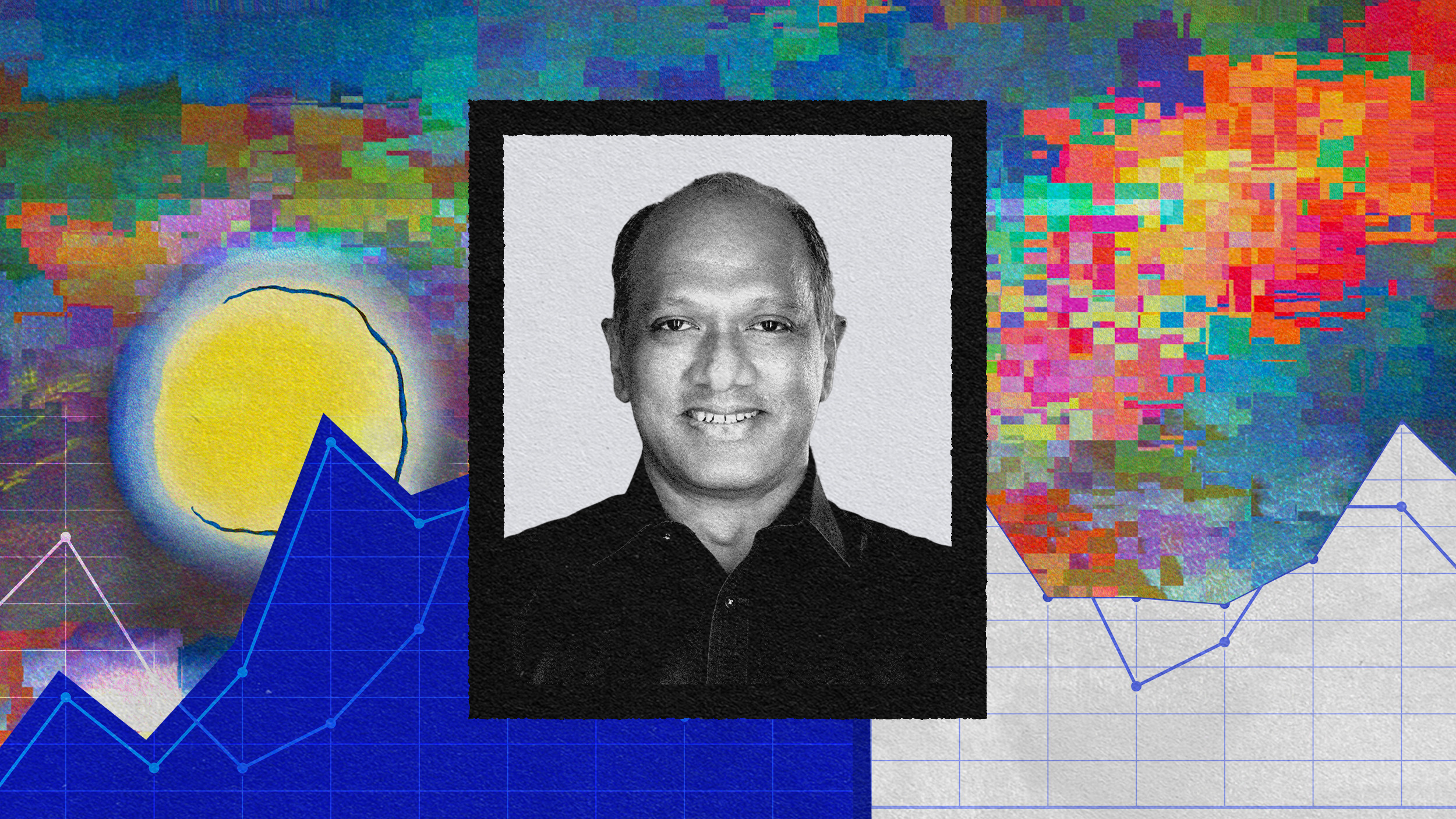A guide to the new media landscape for those at the top, and the bottom, of the heap.
Question: How can old media leaders succeed in the new media landscape?
Josh Cohen: I mean, it really is -- it's -- it comes back to experimentation. And I think it's a really hard thing to do, and it's a scary thing to do, because you've got in some cases these -- you know, there's this notion that Jeff Zucker talked about, trading in analog dollars for digital pennies. And I think he recently updated it to say digital dimes. And so it's very scary to sort of make that transition, to say, well, I'm putting this huge enterprise at risk for an uncertain future. But I think that so many of those forces that are taking place are going to take place, you know, whether or not you want them to or not. I mean, the train has left the station in a number of different instances, and so to sort of sit back and say, well, I want to roll back the clock five or 10 years ago, I get why that's -- that would be, you know -- people want to do that -- but I think it's just -- it's hard if not impossible to do, and I think that's not where your users or your readers are going to go. And so it's really important to try and find different ways to try and push the envelope and test those things which -- again, I acknowledge, you know, 100 percent that that's -- that's tricky and that's scary to do, but I think it's -- if you don't, you're sort of -- you've got bigger challenges down the road.
Question: What is your advice to young reporters just starting out in this media landscape?
Josh Cohen: Yeah. I mean, well, I think the path, you know, 20 years ago is sort of the same. You start off at maybe a small regional paper, and you sort of work your way up, and then you get to the Times or the Journal. And I think in -- you know, we were talking a little bit about how users and -- or rather readers -- and their experience with information is now much more active. Before it was very sort of passive; they'd sort of sit back, and the information would be presented to them. And now it's much more of a dialog. And I think there's a bit of an analogy as well with the journalist today, in that it's not just this sort of passive thing where I write my content and I put it out there -- or somebody puts that content out there and is responsible for the distribution of my content, and I just sort of sit back and I continue to write that content, to write those stories. I think it's much more of an active role to own your, you know, your brand and your experience and your information, and how that gets out there, and understand the technology at your disposal so that you can get that out there; understanding how you can tell stories in better ways.
I think a lot of the -- you know, we've -- a couple times we've sort of gone over to CUNY with their new journalism school, and I think that's an interesting idea. It's a new school, so I think that the way that they're thinking about it and really -- I think one of the phrases they use is sort of entrepreneurial journalism -- and I think that's true. Whether you've been in the business for a number of different years, or whether you're just starting off, it's this, you know, thinking about the content and the distribution of it, and the monetization of it. I mean, all these things kind of matter so much more that simply just putting a piece of information out there is probably not going to be enough. And so to really try and immerse yourselves in all those different ways, whether it's, you know, I think there's always been the church and state, and I think there's that separation is obviously there for a lot of good reasons about not -- making sure that the information that you're writing isn't influenced by an advertiser. But I think sometimes it can be used as a way to just sort of put on the blinders and say, well, I'm never going to think about the business side of it. You obviously need to keep your content separate from that, but that doesn’t mean you can't think about the long-term viability of what you're trying to do.





